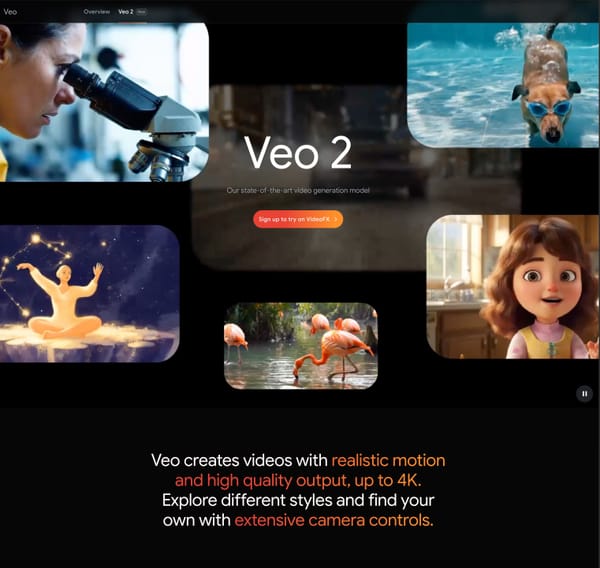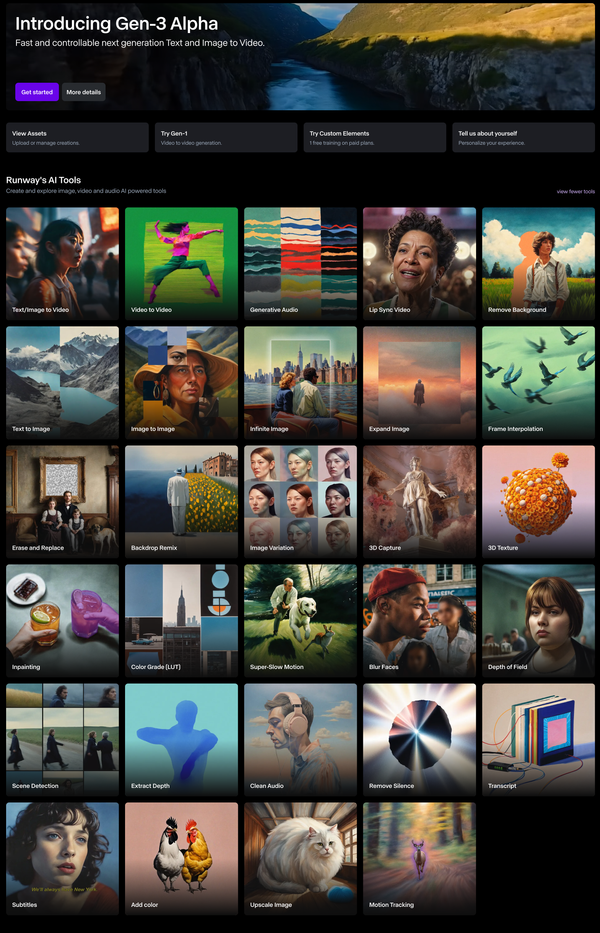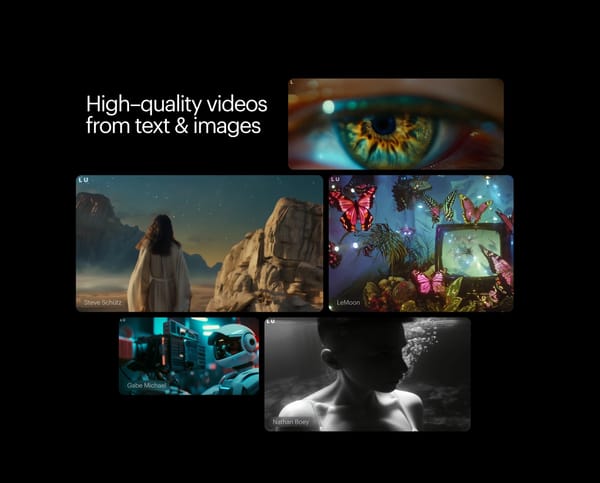Artificial Intelligence (AI) is rapidly changing the way we live and work. From chatbots to self-driving cars, the possibilities of AI are endless. But what exactly is AI, and how does it work? In this article, we will explore the basics of AI and delve into some of its most exciting applications.
What is Artificial Intelligence?
Artificial Intelligence, also known as AI, is a branch of computer science that deals with the development of algorithms and computer systems that can perform tasks that would normally require human intelligence. These tasks include things like understanding natural language, recognizing images, and making decisions. AI is not just limited to these tasks, but it can be used to solve any problem that requires intelligence, including understanding human emotions.
Types of Artificial Intelligence
AI can be divided into two main categories: narrow or weak AI, and general or strong AI. Narrow AI is designed to perform specific tasks and is often used in things like speech recognition and image recognition. General AI, on the other hand, is designed to be able to perform any task that a human can do. It is also known as Artificial General Intelligence (AGI).

Applications of Artificial Intelligence
AI is being used in a wide variety of industries, from healthcare to finance. One of the most exciting applications of AI is in the field of self-driving cars. These cars use AI to understand their environment and make decisions, such as when to brake or turn. Another popular application of AI is in the field of healthcare. AI is being used to analyze medical images and assist doctors in making diagnoses.
Future of Artificial Intelligence
The future of AI is exciting, but also uncertain. As AI continues to evolve, it has the potential to change the way we live and work in ways we can't even imagine. But it also raises ethical concerns, such as the potential for AI to take over jobs and the need for regulations to ensure that AI is used for the betterment of society.
In this article, we have discussed the basics of Artificial Intelligence, including what it is, the different types of AI, and its current and future applications. We have also touched on the ethical concerns surrounding the development and use of AI. It is clear that AI has the potential to change the world in many ways, but it will be important for society to consider the potential consequences and take steps to ensure that AI is used for the betterment of humanity.










Member discussion